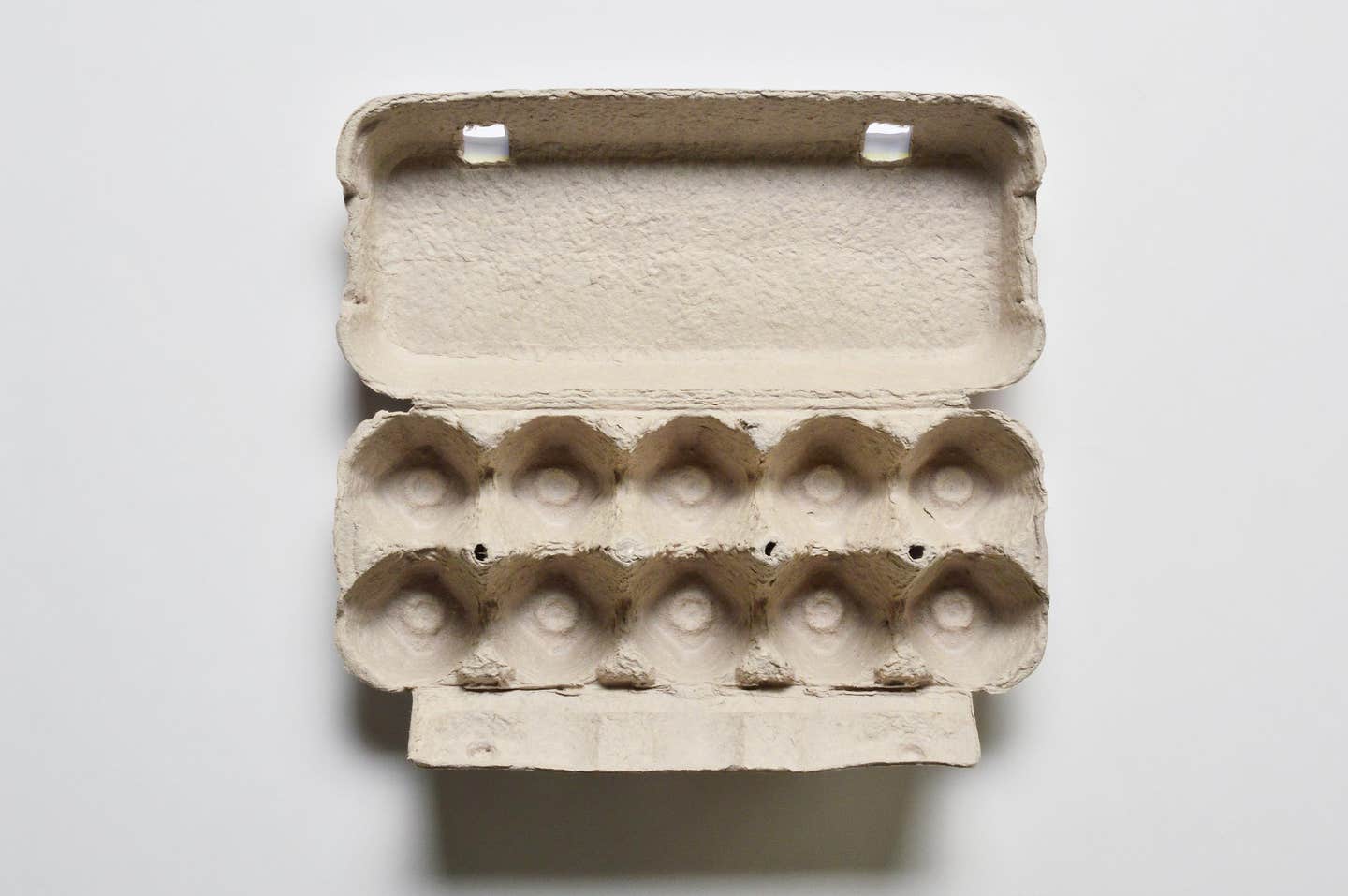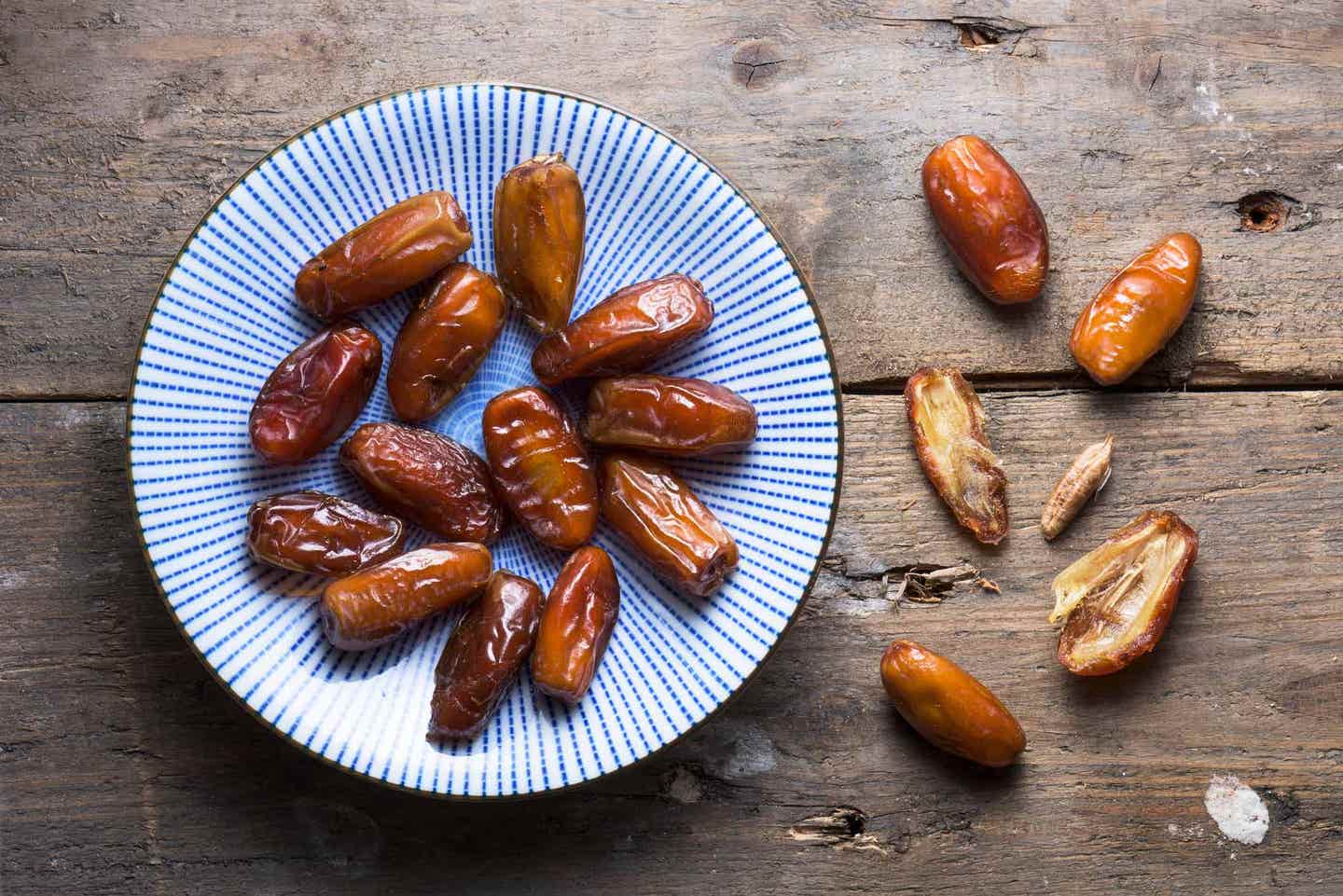Meal prepping and planning may sound daunting, but it doesn’t have to be. It can be as easy as thinking ahead and sketching out what you want to eat for the next several days before making a grocery list. Or it can be as structured as spending a weekend afternoon prepping and portioning out single servings of the upcoming week’s breakfasts and lunches. “It’s a shift in prioritization of ‘I’m going to do this work on the front end to be kind to my future self,’” says Ginger Hultin, MS, RDN, a Seattle-based registered dietitian nutritionist, owner of ChampagneNutrition and author of Anti-Inflammatory Diet Meal Prep. Here are six reasons to give meal planning a try.
1. You'll Have More Free Time
When you wait until the day-of to decide what you’re going to eat, you set yourself up to make yet another run to pick up groceries or takeout. But when you spend a chunk of time upfront preparing for the week—picking out recipes and going to the grocery store, and even prepping the whole meal or some of its ingredients—you free up valuable time in your jam-packed weekdays. “You’re front-loading your [effort], so you literally are saving hours,” says Hultin. It’s more efficient to sit down once a week, scan through your pinned recipes or earmarked cookbooks, and make one grocery list for the week, rather than repeat the process every day or two.
And meal prepping takes this time-saving benefit up one more notch: Instead of pulling out the ingredients and measuring spoons for breakfast and lunch and dinner seven separate times throughout the week, you can set up one assembly line that you can divvy up into separately packaged portions. Other time savers: Make a big pot of soup or grain salad that you can use as a side dish several times throughout the week. Cook enough oatmeal or quinoa to get you through the week’s recipes. Or when you have downtime, chop up vegetables, soak some beans, or marinate tempeh. Then at meal times, you can quickly reach for the prepped goods. For more meal-prep tips, see In the Kitchen with Darshana: Weekend Prep 101.
2. You’ll Waste Less Food
According to a report by the National Resources Defense Council, Americans throw away about a quarter of the food and beverages we buy every year, due in part to spoilage, impulse buys at the grocery store, poor planning, and wasting leftovers. Fresh fruits and vegetables make up about 22 percent of that food waste, according to the same report. Weekly meal planning helps you purchase only the groceries that you actually need—and to make maximum use of every ingredient. When you intentionally account for half of an onion to be used in your enchilada recipe and another half to garnish your bean chili, then you won’t have a forgotten, partially cut onion withering away in the fridge until it’s unusable. When you meal plan, you are more aware so you can plan to use the whole food, says Hultin. Another environmentally friendly perk of meal planning: You’ll bypass all the packaging that goes along with takeout meals.
3. It Saves You Money
Throwing away less food means throwing away less money. And fewer visits to the store and restaurants means that you’ll be spending less on groceries and takeout. “When you’re organized, you’re just buying what you need,” says Sharon Palmer, MSFS, RDN, author of California Vegan. You don’t have to plan—and pay—for 21 separate meals as you would if you were playing it by ear for each meal every day of the week. When meal prepping a week’s worth of lunches for one, for example, you can choose one recipe that serves five and then portion it out into five lunches over the course of the week. Do the math and it’s a huge cost savings: On average, in any given week of meal planning, you can prep ahead for one or two breakfast recipes that you can rotate, one recipe for a week of lunches, and four or five dinners that will lead to leftovers. That’s more than half the meals!
4. You’ll Stress Less
Thinking about what you’re going to eat takes mental energy, something that can be in short supply during a lunch break or at the end of the long workday. “One of the things I hear from people all the time is that they come home and that they literally have no idea what to cook, and that’s just stressful,” says Palmer.
End-of-the-day burnout can also lead to decision fatigue. “That leads us to make choices we might not otherwise make,” says Hultin. But if you use your easiest day of the week to plan and prep ahead of time, then on your hardest days you have what you need at your fingertips. And by building into your weekly plan room for leftovers, you give yourself days off.
5. You’ll Eat Healthier
Making healthier, more mindful meal choices by planning ahead contributes to better overall health. A 2017 study of more than 40,000 people found that those who planned their meals adhered more to nutritional guidelines, had more variety in their diet, and were less likely to be overweight or obese. Meal planning allows you to plan balanced plant-based meals that have a variety of healthy ingredients. Cooking at home also helps you consume less sodium, salt, saturated fat, and sugar than you would eating out. “Meal prepping means you can create things wholesomely from the beginning because you can control the ingredients,” says Palmer.
6. You’ll Have Fun
Meal planning leaves room to get creative week to week so that even though some meals may repeat, you won’t get bored with what’s on your plate. There are near limitless resources for inspiration, from cookbooks to social media. (See the hashtag #mealprep on Instagram.) You might get excited by the idea of trying every overnight oats variety you can find on Pinterest. Or you may start to think about changing up your daily grain bowls, sheet pan meals, or salads by rotating through flavor profiles, such as Southwestern, Mediterranean, Thai, and Italian. You could even challenge yourself to a color theme, as Palmer did when she stumbled upon an abundance of purple produce at the farmer’s market.

Related News
Get Our Best Price On The Forks Meal Planner

Forks Meal Planner takes the guess work out of making nutritious meals the whole family will enjoy.
SAVE $200 ON OUR ULTIMATE COURSE

Join our best-selling course at a new lower price!



